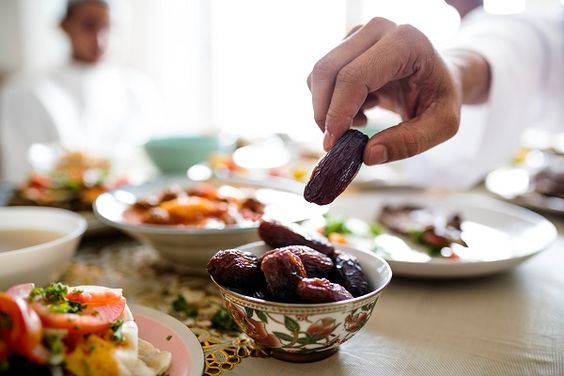Fasting (Sawm)
Fasting, known as Sawm in Islam, is one of the Five Pillars of Islam and holds great spiritual and religious significance for Muslims. It involves abstaining from specific physical and spiritual activities from dawn until sunset during the holy month of Ramadan. Here's a briefing on fasting in Islam: Fasting during Ramadan is a form of spiritual discipline that teaches self-control, patience, and empathy for the less fortunate. Fasting is an act of worship and devotion to Allah (God), an opportunity for Muslims to draw closer to Him and strengthen their faith. Fasting during Ramadan unites the global Muslim community in a collective act of worship, reinforcing a sense of unity and solidarity. Fasting encourages gratitude for the blessings of sustenance and reflects upon one's actions, seeking forgiveness and spiritual growth. By experiencing hunger and thirst, fasting fosters empathy and compassion for those who face these challenges daily due to poverty and other circumstances. Muslims must have a sincere intention (niyyah) to fast each day of Ramadan, intending to fulfill this act of worship for the sake of Allah. During the fasting hours (from dawn to sunset), Muslims abstain from: Eating and drinking, including water and other liquids. Smoking and using tobacco products. Sexual relations with one's spouse. Engaging in sinful behavior and actions. Muslims wake up early before dawn to have a pre-fast meal (suhoor) to provide sustenance for the day ahead. This meal is often simple and nutritious. The fast is broken at sunset with a meal called iftar. Traditionally, this is initiated with the consumption of dates and water, followed by a larger meal. After iftar, Muslims often engage in additional prayers called Taraweeh, performed in congregation at mosques during the month of Ramadan. Muslims are encouraged to give to charity (sadaqah) during Ramadan and before the end of the month, they are required to give a specific amount of charity known as Zakat al-Fitr. At the end of Ramadan, Muslims celebrate Eid al-Fitr, a festive occasion marked by special prayers, feasting, giving gifts, and sharing with the less fortunate. Fasting during Ramadan is obligatory for all adult, mentally sound Muslims, except for those who are ill, pregnant or nursing, traveling, menstruating, or in specific other circumstances where fasting may be harmful.
